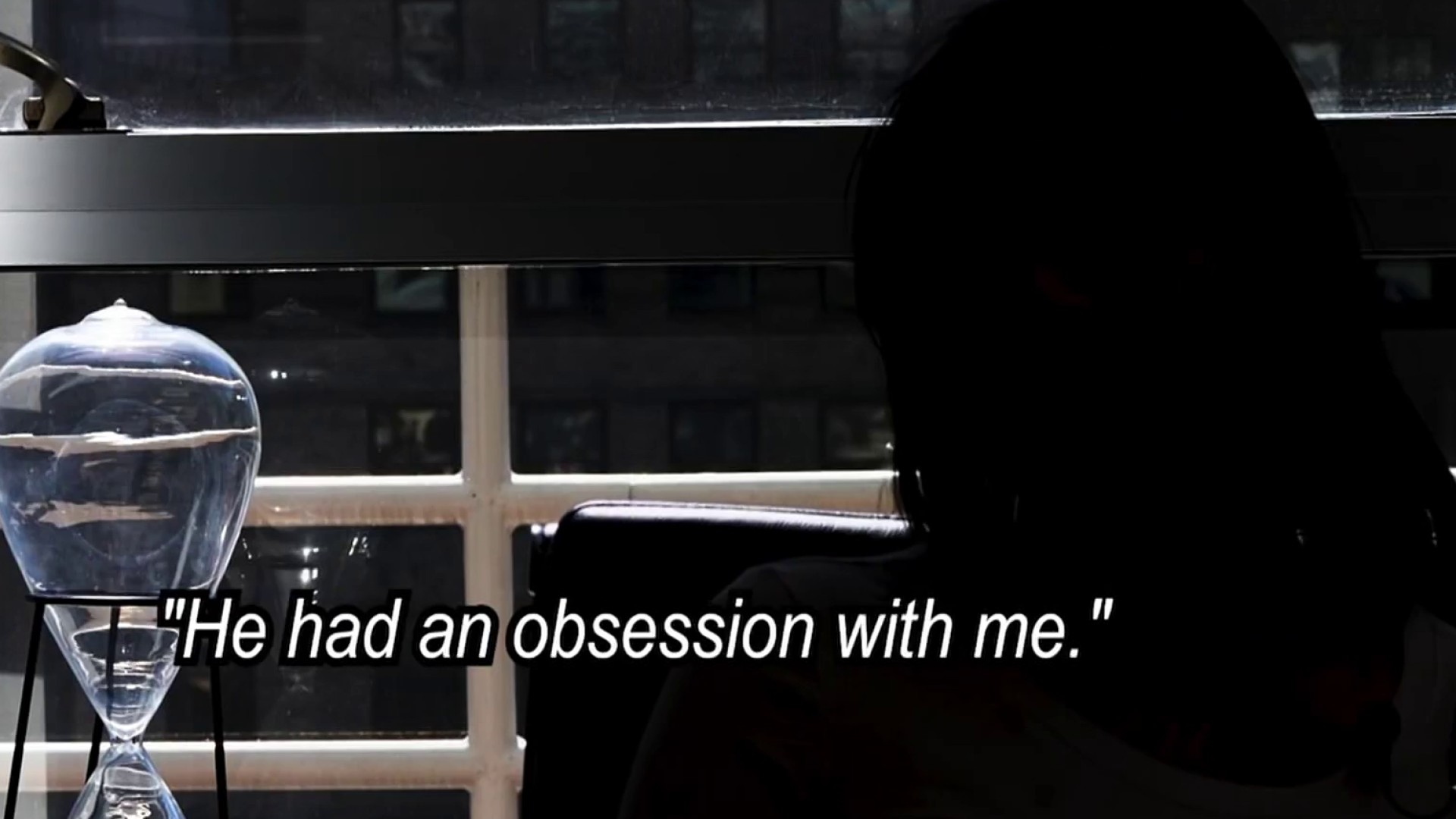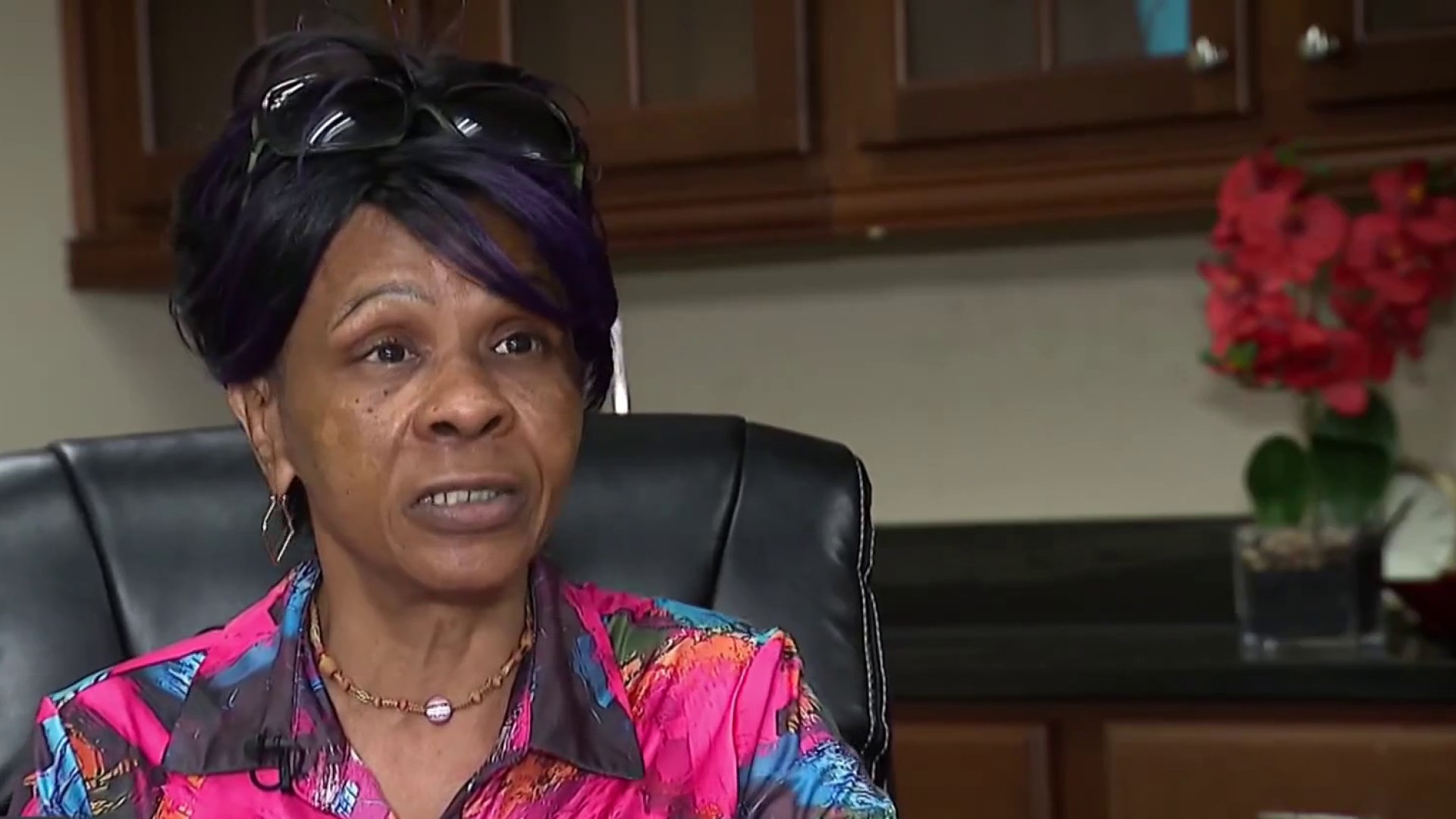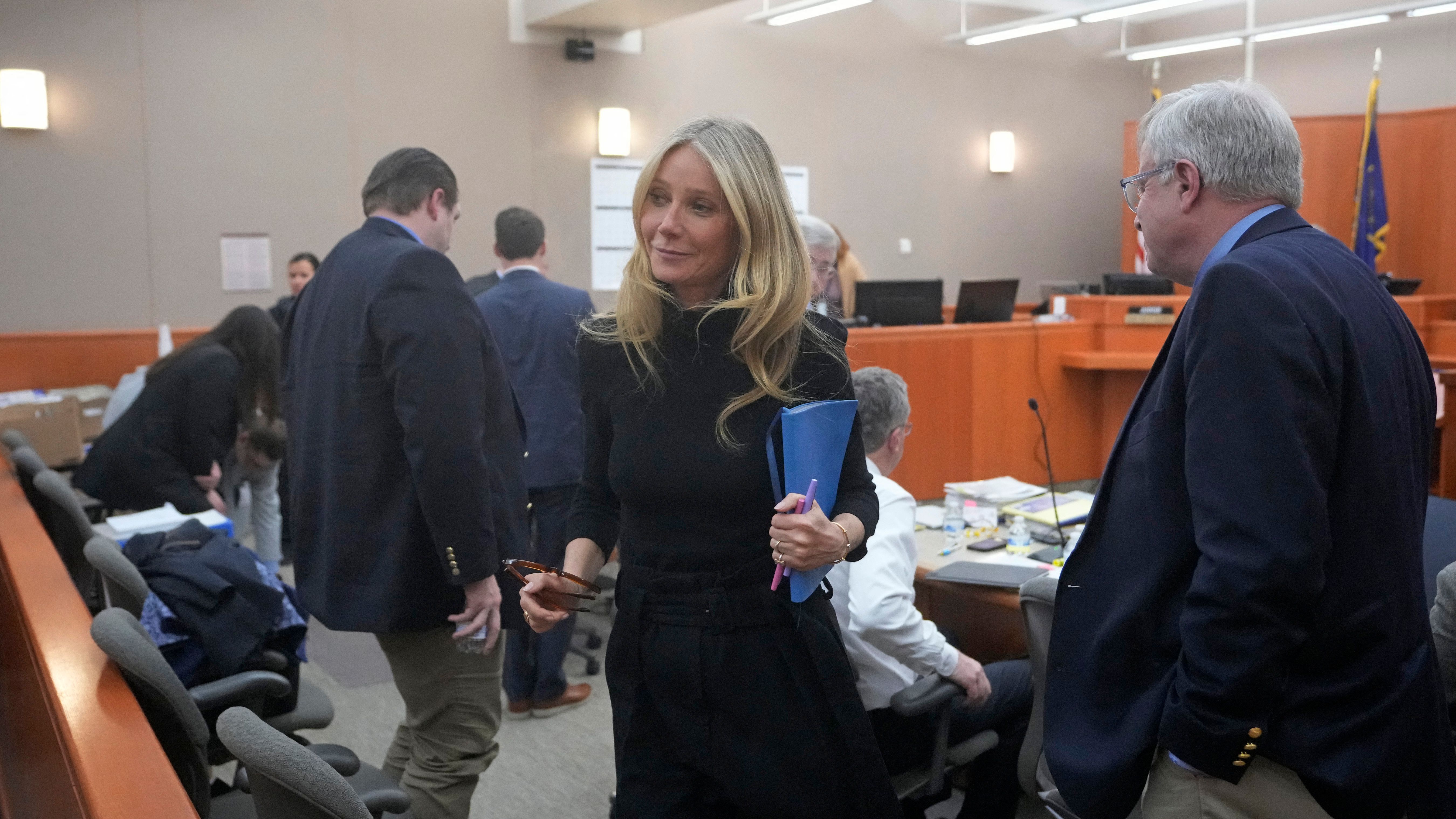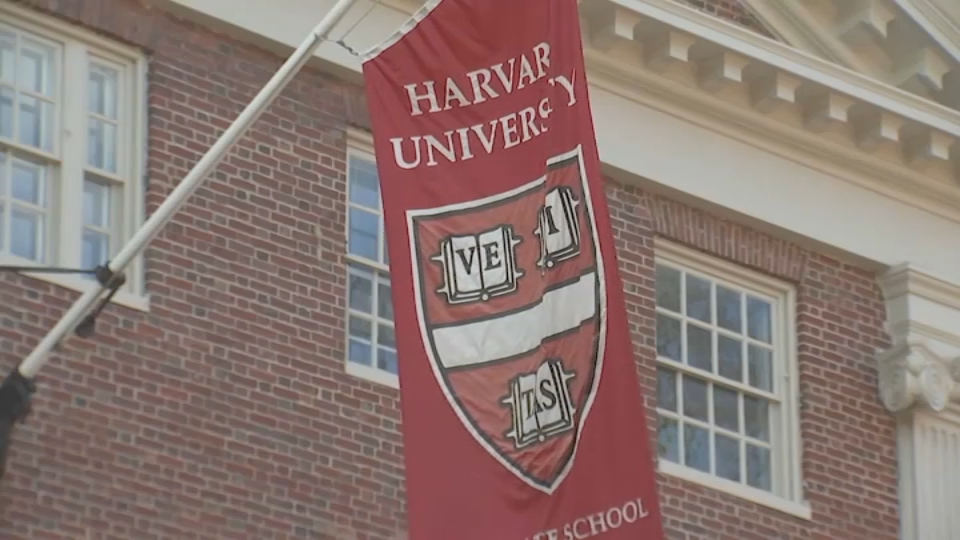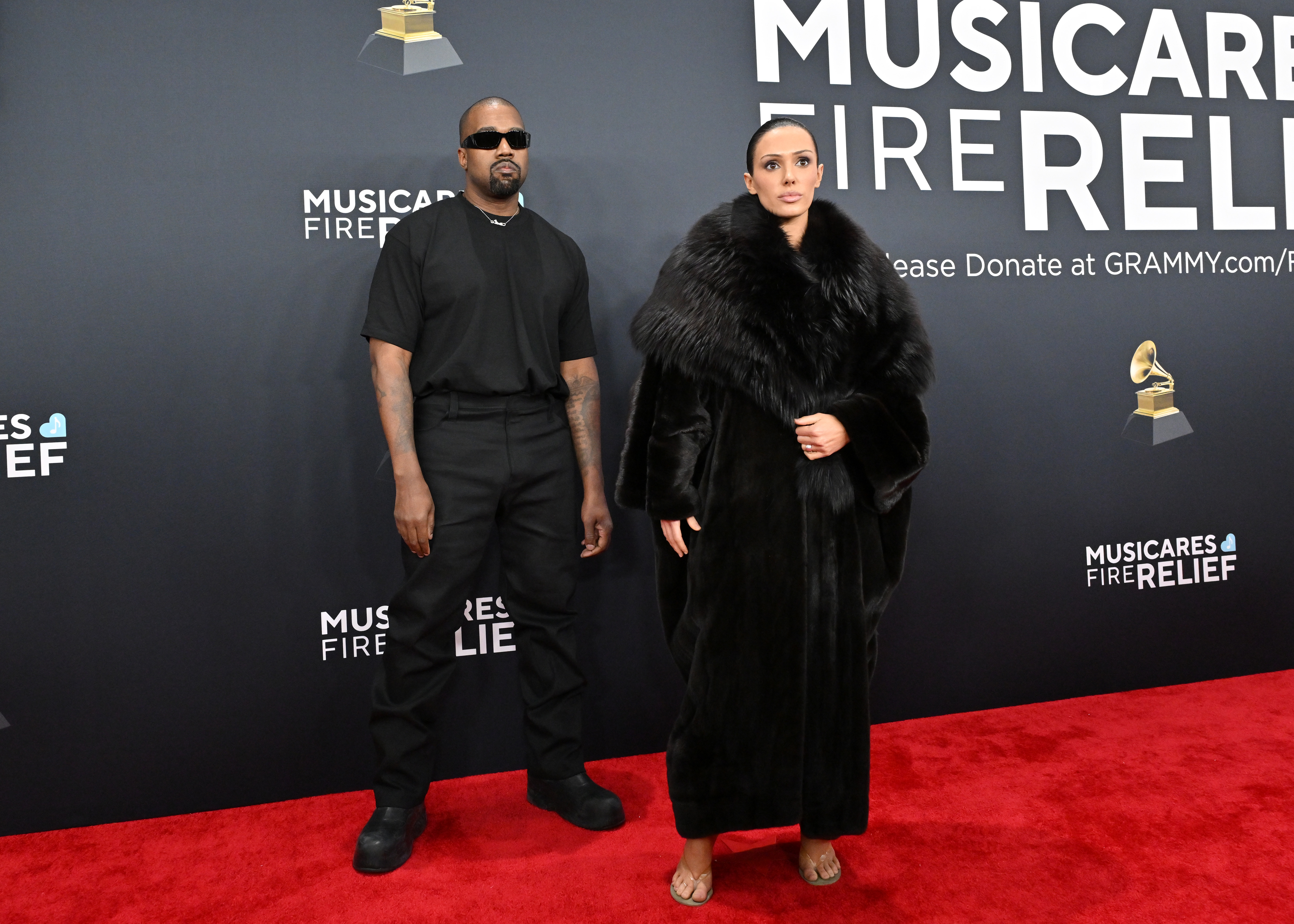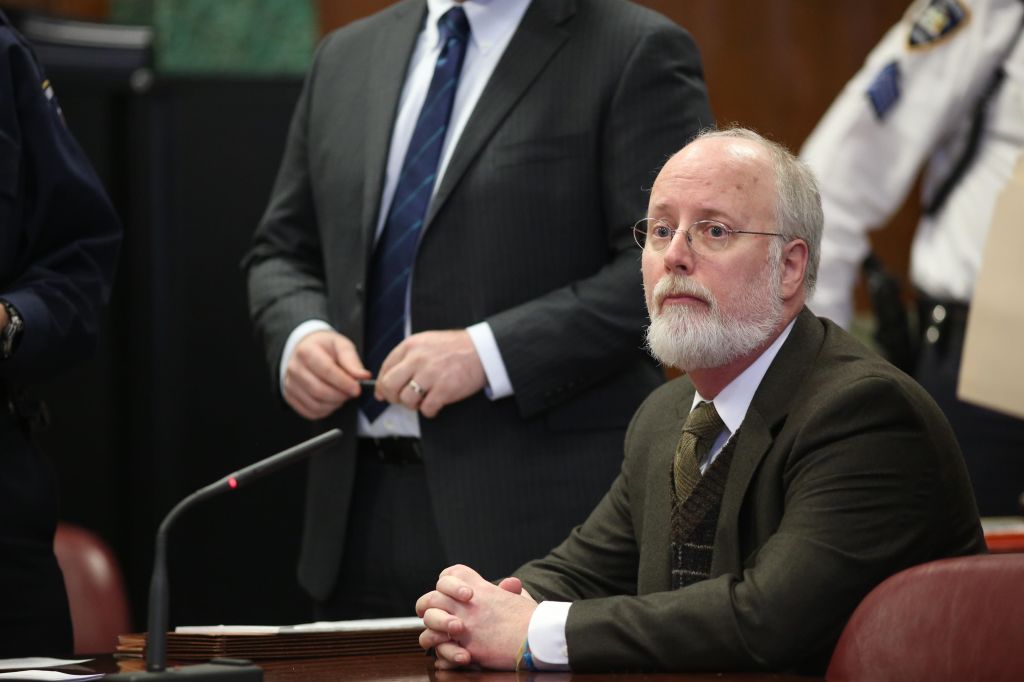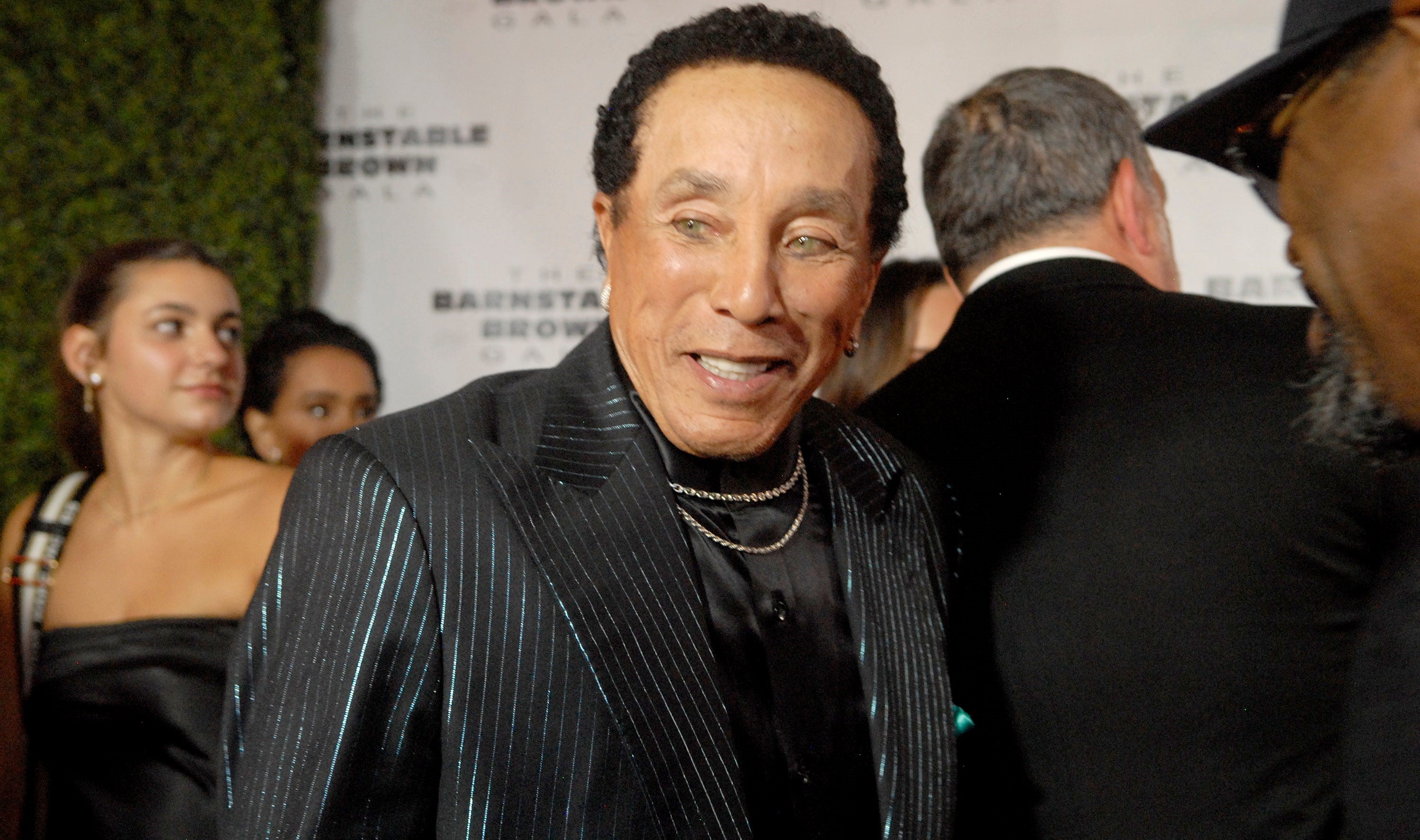Prison Guard Rape Accusations: NY System Under Fire
NY Prison System Under Fire: Accusations of Rape and Abuse Emerge Against Guard
Introduction: A Systemic Failure?
The New York prison system is facing a reckoning. Allegations of sexual abuse and rape against a former correction officer, Pedro Norde, are surfacing, painting a disturbing picture of power dynamics and systemic failures. How could such alleged acts occur behind bars? And more importantly, what measures were in place, or *not* in place, to prevent them? This isn't just about one officer; it's about the system that allegedly allowed this behavior to persist.
The $20 Million Lawsuit: Yaritza Colon's Story
Yaritza Colon, a former inmate, is taking a stand. She's suing the state of New York for a staggering $20 million, claiming that officials failed to protect her from Pedro Norde. Her accusations are chilling: she alleges that Norde forced her to perform sexual favors while incarcerated at the Taconic Correctional Facility back in 2018. Can you imagine the fear and helplessness she must have felt?
"Flash Him My Breasts": A Degrading Demand
Colon's testimony is particularly disturbing. "Sometimes I couldn’t even come out of my cell until I flashed him my breasts," Colon said, recalling her time in Taconic. These aren't just allegations; they are searing accusations of abuse of power, a blatant violation of basic human dignity. This reveals an imbalance of power that is inherently corruptive and dehumanizing.
Anonymous Plaintiff: Raped in Bayview Correctional Facility
Another former inmate, choosing to remain anonymous due to the graphic nature of her allegations, has also filed a $20 million lawsuit against the state. She claims Norde raped her on three separate occasions between 2007 and 2008 while she was housed at the now-shuttered Bayview Correctional Facility. Why did it take so long for these accusations to surface? And what does it say about the reporting mechanisms within the prison system?
"Get Up Against the Wall": A Phrase of Terror
The anonymous plaintiff's account is harrowing. "He would come to my door and just let himself in my room. And the standard thing was, ‘get up against the wall.’ And we all know what happens after ‘get up against the wall,’" she stated. This chilling statement paints a picture of fear, coercion, and a complete lack of control over one's own body. It's a violation of trust and a betrayal of the supposed purpose of incarceration: rehabilitation.
Pedro Norde's Defense: Silence and Strategy?
So, what does Pedro Norde have to say about these accusations? His attorney, James Blenk, has declined to answer detailed questions about the case, leaving many questions unanswered. Silence can be interpreted in many ways. Is it a calculated legal strategy, or is there something more behind the closed doors? Only time will tell how this unfolds.
The State's Responsibility: Failure to Protect
Both lawsuits focus on the state of New York's alleged failure to protect inmates from sexual abuse. If these allegations are true, it raises serious questions about the oversight and accountability mechanisms within the prison system. Isn't the state obligated to ensure the safety and well-being of those in its custody? And if so, how did these alleged abuses slip through the cracks?
Oversight and Accountability: Where Were the Guardrails?
The absence of adequate oversight and accountability is a recurring theme in cases of prison abuse. It is essential to consider the systems, checks, and balances that *should* have been in place to safeguard inmates from abuse. Were there blind spots? Were there systemic failures that allowed such behavior to flourish unchecked? This is the essence of the lawsuits and needs immediate action to be resolved.
Prison Rape Elimination Act (PREA): A Law with Limitations?
The Prison Rape Elimination Act (PREA) was enacted to prevent, detect, and respond to sexual abuse in correctional settings. But is it truly effective? Despite PREA, allegations of abuse continue to surface, suggesting that the law, while well-intentioned, has limitations in its implementation and enforcement.
PREA Compliance: More Than Just Checking Boxes
PREA compliance isn't just about ticking boxes on a checklist; it requires a fundamental shift in prison culture. It demands a commitment to transparency, accountability, and a zero-tolerance policy for sexual abuse. It also needs dedicated training and resources to equip both staff and inmates with the knowledge and tools to prevent and report abuse.
The Power Imbalance: Inmate Vulnerability
Inmates, by their very nature, are in a vulnerable position. They are stripped of their freedom, their autonomy, and often their dignity. This inherent power imbalance creates an environment ripe for exploitation and abuse. It highlights the critical importance of safeguarding inmates from those who might abuse their authority.
Exploitation of Authority: A Dangerous Temptation
The temptation to exploit authority can be particularly strong in the closed world of a prison. Correction officers wield significant power over inmates, controlling their daily lives and access to basic necessities. This power, if unchecked, can easily be abused, leading to the kind of horrific allegations that have surfaced against Pedro Norde.
The Trauma of Sexual Abuse: Lasting Scars
The trauma of sexual abuse can have devastating and long-lasting effects on victims. It can lead to depression, anxiety, post-traumatic stress disorder (PTSD), and a host of other mental health issues. For inmates who have already experienced trauma and adversity, sexual abuse can be particularly damaging, further hindering their chances of rehabilitation.
Mental Health Services: A Critical Need
Access to quality mental health services is crucial for inmates who have experienced sexual abuse. Counseling, therapy, and support groups can provide a safe space for victims to process their trauma and begin the healing process. Investing in mental health services is not only ethically sound but also essential for reducing recidivism and promoting successful reentry into society.
Beyond the Headlines: A Systemic Issue?
While the allegations against Pedro Norde are shocking, they are not necessarily isolated incidents. Sexual abuse in prisons is a systemic issue that demands a comprehensive and sustained response. We need to examine the root causes of the problem, address the underlying power imbalances, and implement meaningful reforms to protect inmates from harm. Is this just the tip of the iceberg? Only a thorough investigation can determine the full extent of the problem.
Calls for Reform: Transparency and Accountability
The accusations against Pedro Norde have fueled calls for reform within the New York prison system. Advocates are demanding greater transparency, increased accountability, and independent oversight to prevent future abuses. They are also calling for more robust training for correction officers and improved reporting mechanisms for inmates.
The Legal Process: Seeking Justice
The lawsuits filed by Yaritza Colon and the anonymous plaintiff are just the beginning of a long and complex legal process. The state of New York will likely mount a vigorous defense, and the burden of proof will be on the plaintiffs to demonstrate that the alleged abuses occurred. Justice may be slow, but it is essential to ensure that victims have the opportunity to seek redress for the harm they have suffered.
The Road Ahead: Uncovering the Truth
The road ahead is uncertain, but one thing is clear: the allegations against Pedro Norde must be thoroughly investigated. The truth must be uncovered, and those responsible for any wrongdoing must be held accountable. Only then can we begin to heal the wounds of the past and create a prison system that is truly just and humane. The future of New York's prison system depends on it.
Conclusion: Time for Change
The accusations leveled against Pedro Norde are a stark reminder of the potential for abuse within the prison system. Yaritza Colon's bravery, along with the courage of the anonymous plaintiff, has brought these issues to light, forcing us to confront uncomfortable truths. The state of New York has a responsibility to protect those in its custody and to ensure that such alleged abuses never happen again. The time for systemic change is now.
Frequently Asked Questions
Q1: What is the Prison Rape Elimination Act (PREA)?
PREA is a federal law enacted in 2003 to eliminate sexual assault and sexual misconduct in correctional facilities. It establishes national standards for preventing, detecting, and responding to sexual abuse in prisons, jails, and other confinement settings.
Q2: What can be done to prevent sexual abuse in prisons?
Preventing sexual abuse in prisons requires a multi-faceted approach, including comprehensive training for staff, improved reporting mechanisms for inmates, increased oversight and accountability, and a commitment to creating a culture of respect and safety.
Q3: What resources are available for inmates who have experienced sexual abuse?
Inmates who have experienced sexual abuse may have access to counseling, therapy, support groups, and medical care. PREA also requires correctional facilities to provide victims with information about their rights and available resources.
Q4: What is the state of New York's responsibility in preventing prison abuse?
The state of New York has a legal and moral responsibility to protect inmates from harm, including sexual abuse. This includes implementing PREA standards, providing adequate training for staff, and ensuring that reporting mechanisms are in place.
Q5: What are the long-term effects of sexual abuse on inmates?
Sexual abuse can have devastating and long-lasting effects on inmates, including depression, anxiety, PTSD, and difficulty reintegrating into society. Access to mental health services is crucial for helping victims heal and rebuild their lives.
